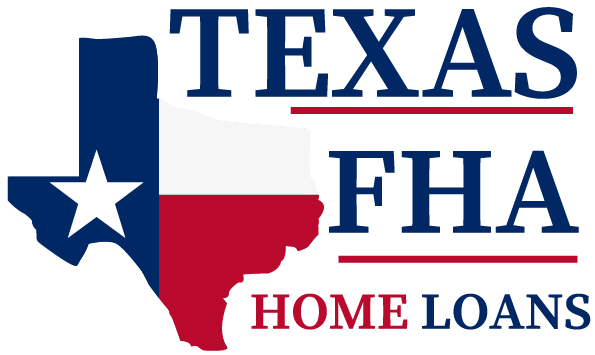- Attractive Interest Rates
- Flexible Qualifications
- Low Down Payments
Can I Get An FHA Loan After Bankruptcy?
This is one of the most commonly asked questions by a borrower. Contrary to common belief, a borrower can qualify for an FHA Loan even if they filed for bankruptcy in the past. There are statutes of limitation that apply to every type of bankruptcy filing. From Chapter 7 to Chapter 13 bankruptcy, FHA extends home loans to borrowers with a previous bankruptcy.
WHY HOMEBUYERS ARE CHOOSING US?
CLOSE ON TIME
GREAT RATES & LOW FEES
EXCEPTIONAL CUSTOMER SERVICE
Chapter 13 Bankruptcy

FHA will allow a borrower who has an open Chapter 13 bankruptcy to get an FHA-insured loan if the terms of repayment are being made satisfactorily for the last 12 months. The bankruptcy court has to allow and give permission to obtain a new loan. The borrower must provide a Letter of Explanation regarding said bankruptcy filing, demonstrate financial stability and sound job history over and above the re-establishment of good credit standing.
Chapter 7 Bankruptcy
Under Chapter 7 of the Title 11 of the United States Bankruptcy Code, it is the process of liquidation with regards to specifically exempt property. This is the type of bankruptcy that wipes out all the debts, the court’s assigned trustee collects all the debtor’s assets and sells them (non-exempt assets) accordingly. The proceeds from the sale of assets are then paid or distributed to creditors. After all, creditors are satisfied, the court will Discharge the bankruptcy.
FHA will allow a borrower to get an FHA-insured loan two (2) years after the discharge of Chapter 7 with no extenuating circumstances. However, a borrower can qualify for an FHA-insured mortgage sooner, at the Underwriter’s discretion, if they can provide and document extenuating circumstances behind the Chapter 7 bankruptcy filing.
FHA’s guide to securing a mortgage states that at least two years must elapse since the date of discharge. However, it is standard practice by lenders to use three years as the statute.
Extenuating Circumstances
What are Acceptable Extenuating Circumstances?
Examples of an Acceptable Extenuating Circumstance:
FHA Loan After A Short Sale
- No waiting period if a homeowner was current on the mortgage when the short sale closed;
- Three (3) year wait if the homeowner was in default at closing;
- Less than three (3) year wait if the homeowner has re-established good credit and can show extenuating circumstances;
- A borrower is considered eligible for a new FHA-insured mortgage if, from the date of loan application for the new mortgage, all:
(a) Mortgage payments due on the prior mortgage were made within the month due for the 12 month period preceding the short sale, and
(b) Installment debt payments for the same period were also made within the month due.
A borrower in default on their mortgage at the time of the short sale (or pre-foreclosure sale) is not eligible for a new FHA-insured mortgage for three (3) years from the date of the pre-foreclosure date. Note: A borrower who sold their property under FHA’s pre-foreclosure sale program is not eligible for a new FHA-insured mortgage from the time that FHA paid the claim associated with the pre-foreclosure sale.
For more information about FHA loans and bankruptcy, short-sale, or extenuating circumstances, call us at 800-854-4142.
FHA Loans Help Make Home Ownership
Possible For a Wider Range of People.

An FHA Loan Specialist Ready To Help You
Our FHA Loan Specialists are always available to help you and answer any questions. You may contact a dedicated FHA Loan Specialist through our website or by calling us directly. You may also chat with us to get a quick answer to your questions.

We Make The FHA Loan Process Quick & Easy
Lenders often times will steer their clients away from an FHA loan due to their inexperience with the program. FHA Loans are a great source of funding for our clients. We share our knowledge and experience with FHA loans, making it easier for borrowers.

FHA Approved Lender
The Federal Housing Administration requires lenders offering FHA loans to go through an extensive approval process. We are FHA-approved and designated as a “Full Eagle” FHA mortgage lender offering FHA-insured home loans in Texas.


